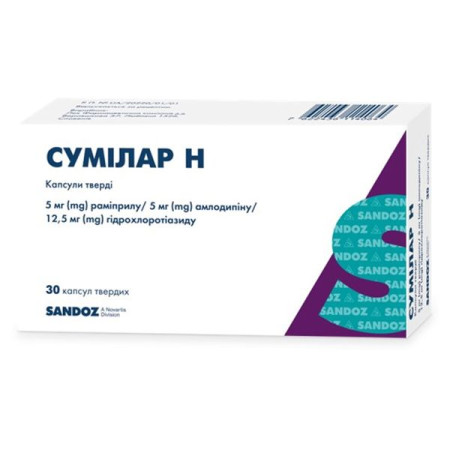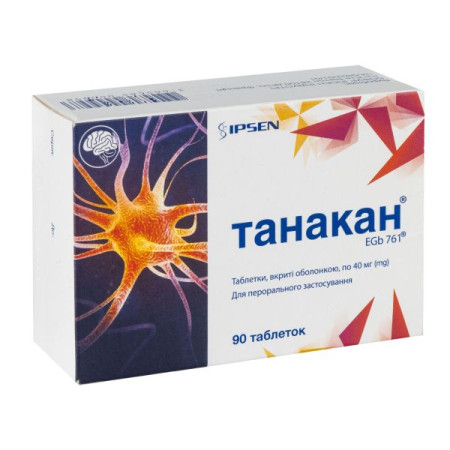Neuromax film-coated tablets blister pack No. 60

Neuromax is a complex preparation containing B vitamins, which have a beneficial effect on the course of inflammatory and degenerative diseases of the nerves and musculoskeletal system. They should be used to eliminate deficiency states, in large doses the vitamins have analgesic properties, improve blood circulation, normalize the functioning of the nervous system and the process of hematopoiesis.
Indications for use
Neurological diseases caused by proven deficiency of vitamins B1, B6.
Contraindication
Hypersensitivity to the components of the drug. Taking vitamin B 1 is contraindicated in allergic reactions. Taking vitamin B 6 is contraindicated in gastric and duodenal ulcers in the acute stage (since increased acidity of gastric juice is possible). Pregnancy and breastfeeding.Method of administration and doses
Apply internally, drinking plenty of liquid.
The recommended dose is 1 tablet per day. In individual cases, the dose is increased and prescribed 1 tablet 3 times a day.
The tablets should be taken whole with liquid, after meals.
The duration of the course of treatment is determined by the doctor individually in each case. After the maximum period of treatment (4 weeks), a decision is made to adjust and reduce the doses of the drug.
Overdose
In case of overdose, the symptoms of the side effects of the drug increase.
Treatment: gastric lavage, administration of activated charcoal.
Chronic use in high doses may cause deterioration of liver enzyme activity, heart pain, and hypercoagulation.
Thiamine has a wide therapeutic range. High doses (more than 10 g) of vitamin B 1 exhibit a ganglioblocking curare-like effect and inhibit the conduction of nerve impulses.
Continuous use of vitamin B6 in doses exceeding 1 g per day for more than 2 months may lead to neurotoxic effects.
Long-term use (over 6-12 months) in doses greater than 50 mg of vitamin 6 daily may lead to peripheral sensory neuropathy.
With prolonged use of vitamin B 1 at a dose of 2 g per day, neuropathy with ataxia and sensitivity disorders, cerebral seizures with changes in the EEG, and in some cases, hypochromic anemia and seborrheic dermatitis were recorded.
Special instructions
Use during pregnancy or breastfeeding
The daily requirement for vitamin B6 during pregnancy and breastfeeding is up to 2.5 mg.
During pregnancy and breastfeeding, daily use of vitamin B 1 in a dose of 1.4-1.6 mg and vitamin B 6 in a dose of 2.4-2.6 mg is recommended.
There is no evidence to support the use of higher doses than the recommended daily doses.
Vitamins B1 and B6 pass into breast milk.
High doses of vitamin B6 may interfere with milk production.
The drug contains 100 mg of vitamin B6, so it should not be used during pregnancy and breastfeeding.
Ability to influence reaction speed when driving vehicles or other mechanisms
Since the drug may cause side effects such as dizziness, headache, and tachycardia in some patients, caution should be exercised when driving or operating other machinery.
Children
The efficacy and safety of the drug in children have not been established, therefore it should not be prescribed to this age group of patients.
Composition
Active ingredients: pyridoxine hydrochloride, benfotiamine.
1 tablet contains pyridoxine hydrochloride 100 mg, benfotiamine 100 mg.
Excipients: colloidal silicon dioxide, microcrystalline cellulose, talc, povidone, calcium stearate, corn starch, dry mixture "Opadry II white" containing titanium dioxide (E 171), talc, polyethylene glycol, polyvinyl alcohol.
Storage conditions
Store in the original packaging at a temperature not exceeding 25 °C.
Keep out of reach of children.
Shelf life - 2 years.
There are no reviews for this product.
There are no reviews for this product, be the first to leave your review.
No questions about this product, be the first and ask your question.
















